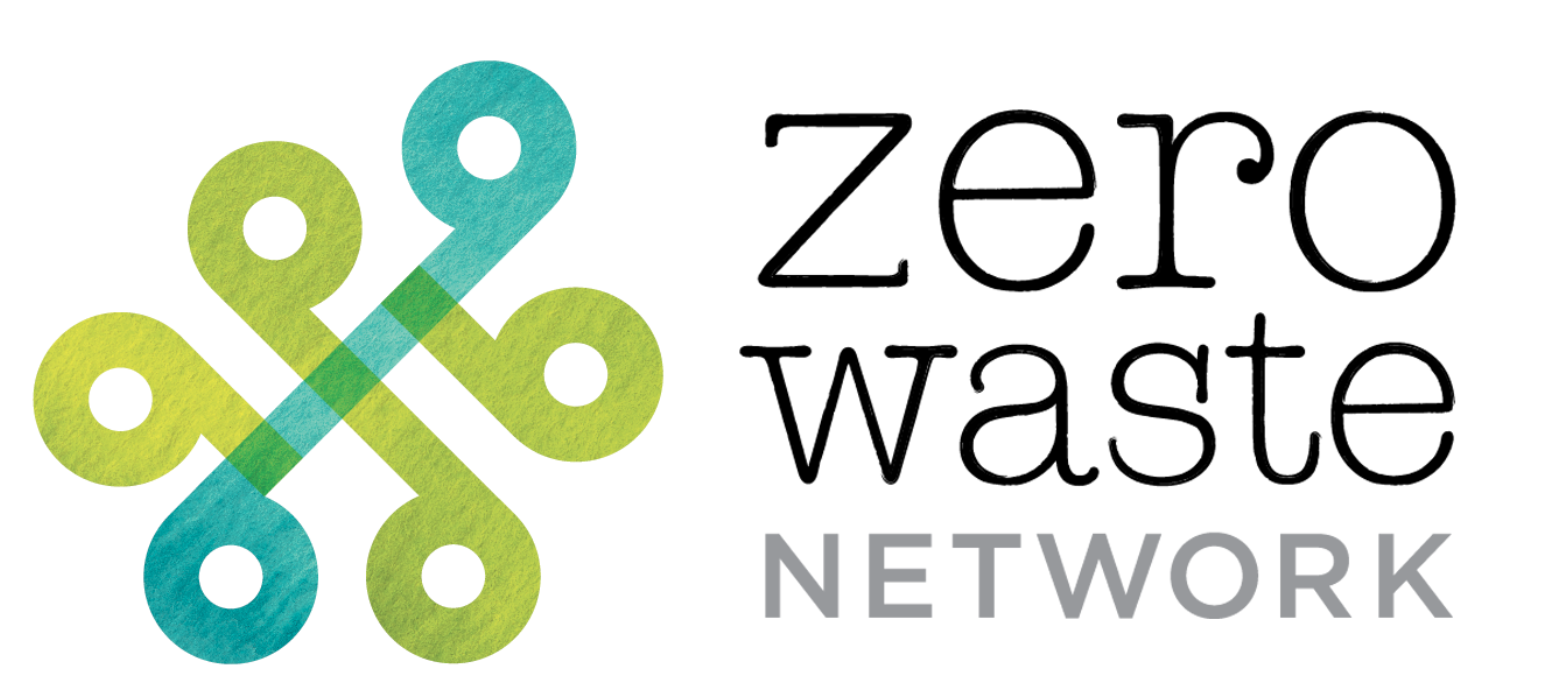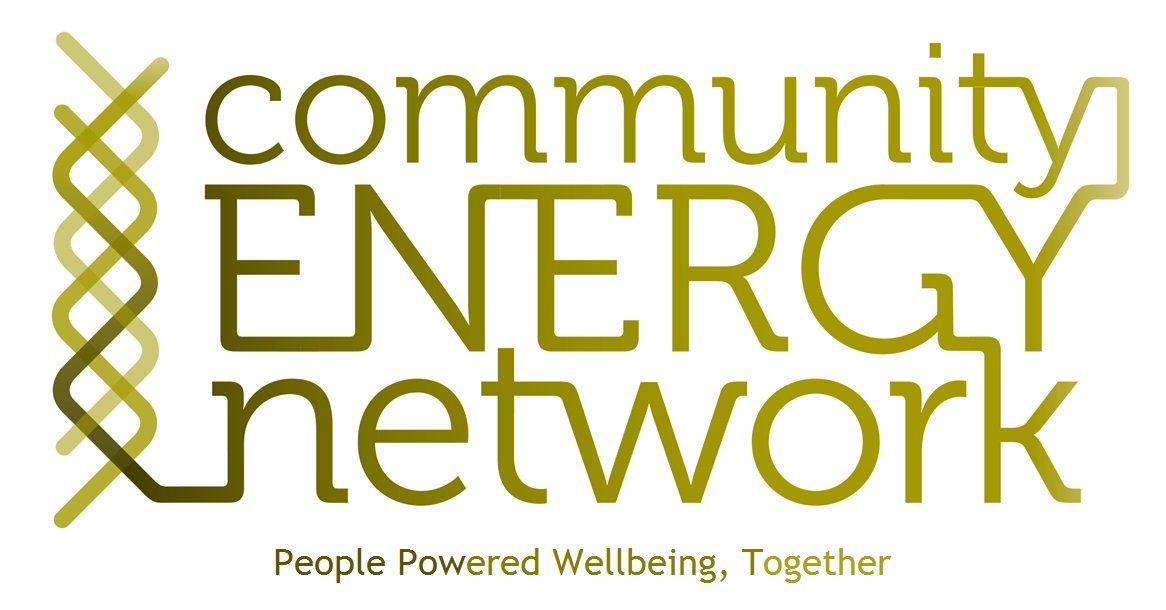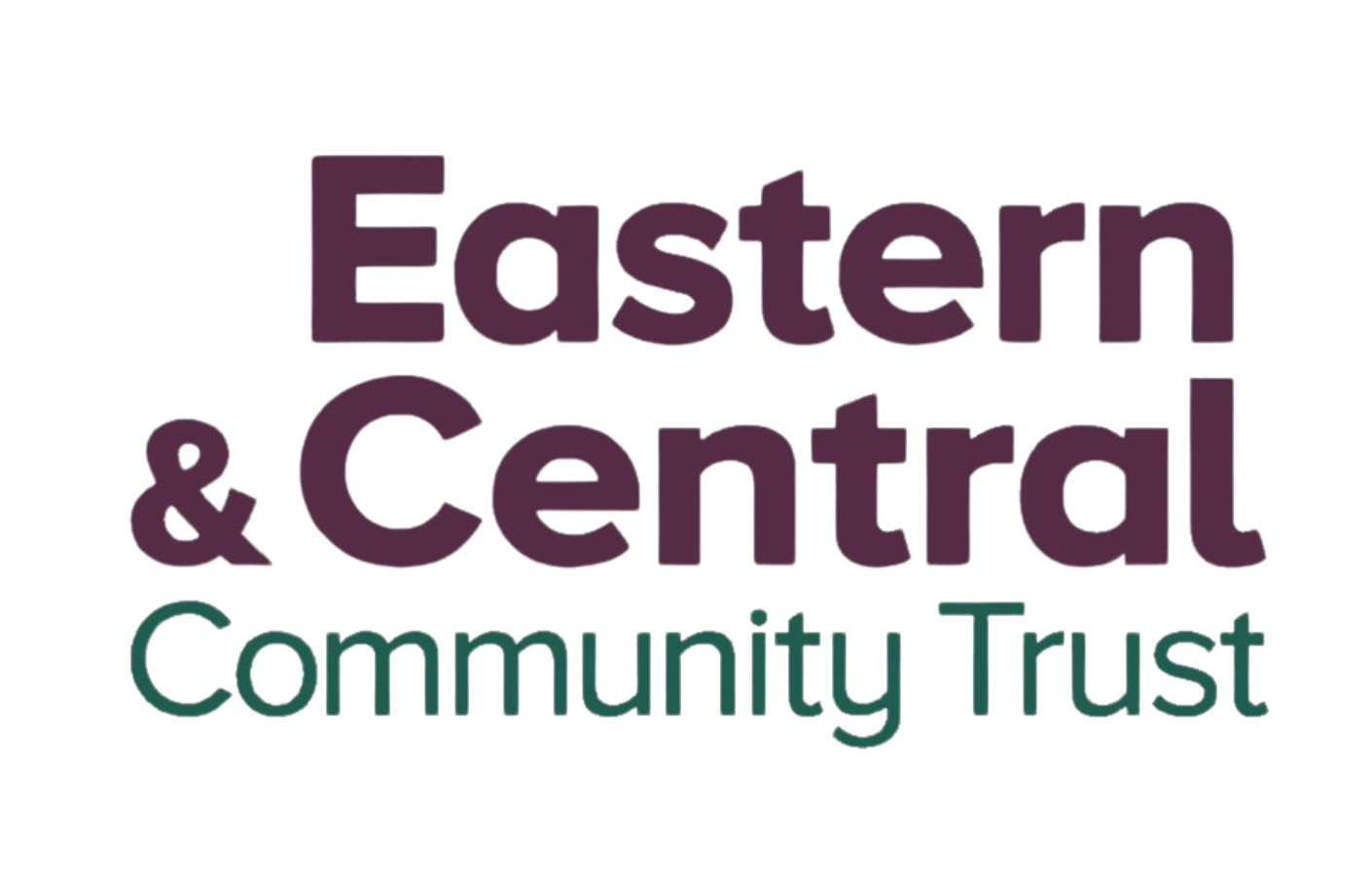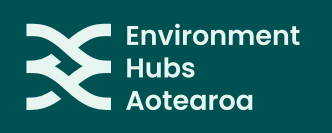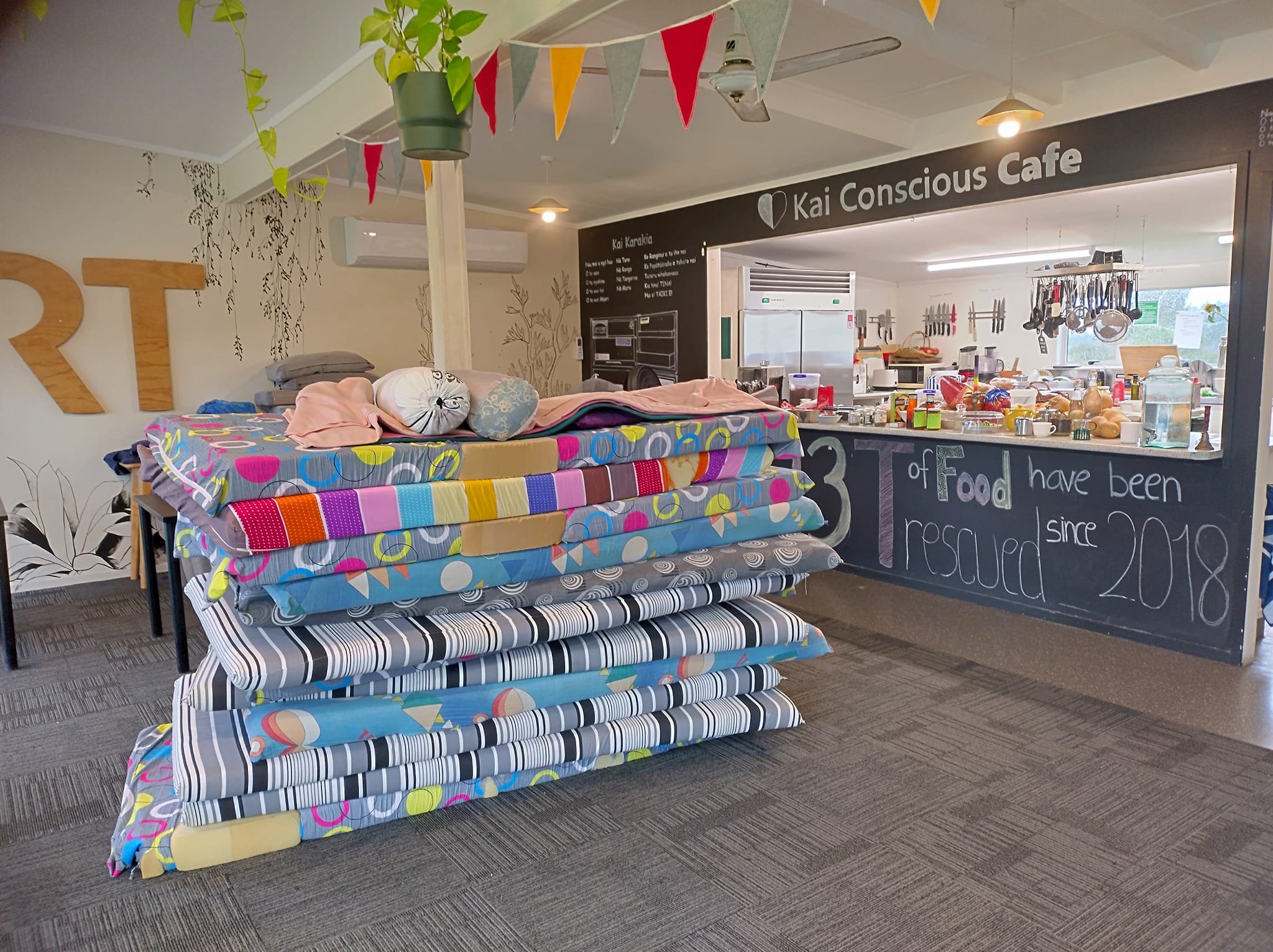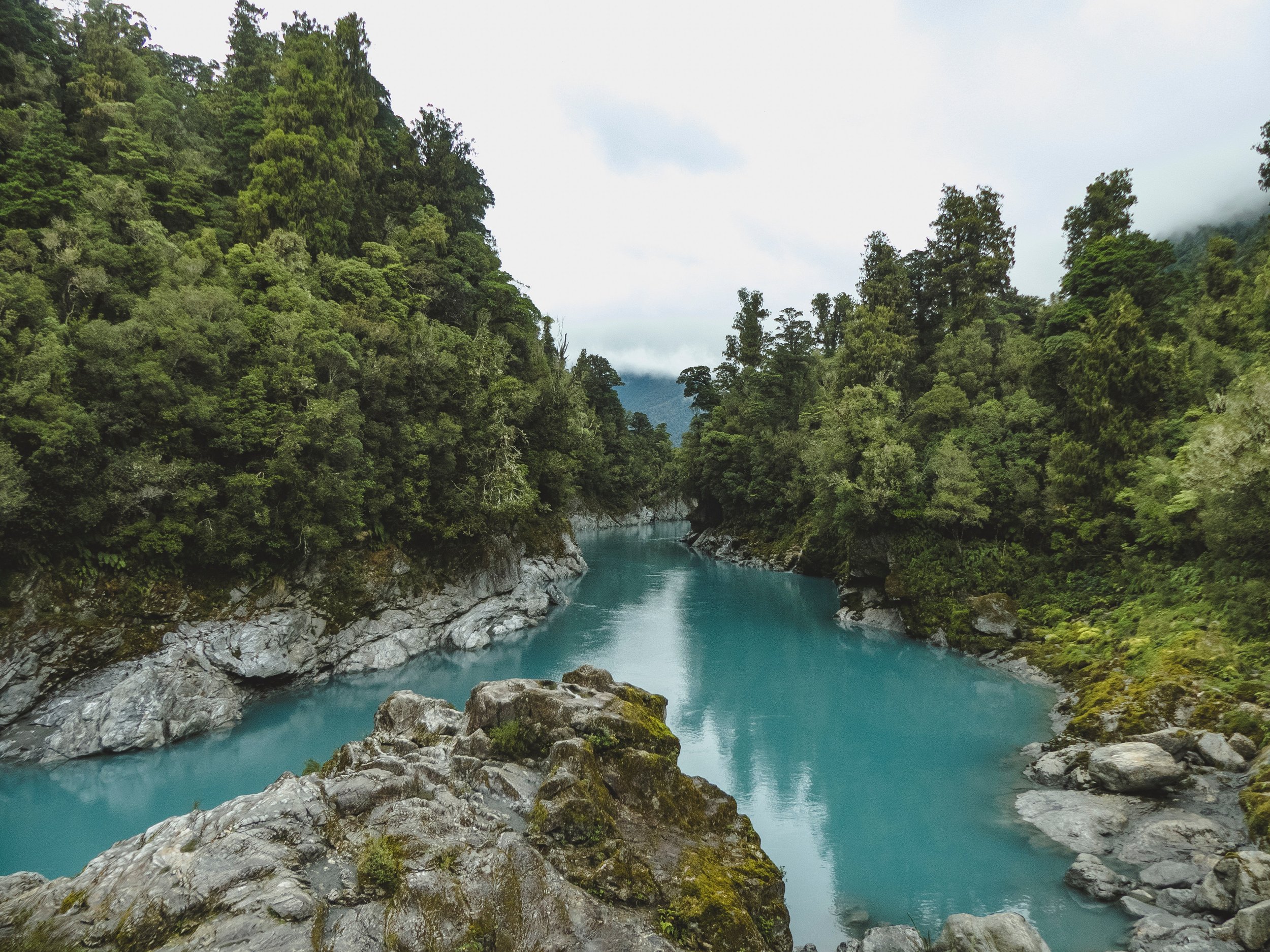
Community Resilience
Research
Our upcoming report shares powerful insights from community responders after Cyclone Gabrielle.
Be the first to read it—sign up now.
After Cyclone Gabrielle, communities came together and mobilised incredible responses to support one another. We spoke to hundreds of community responders to find out their learnings; what worked, what didn't, and what changes they want to see made to better support community responders.
This report presents our findings and a series of recommendations for building future resilience
Sign up to receive our research paper
Want to get the research as soon as it’s available? Share your email with us below:
Sand bags distributed by Waiheke Resources Trust to barricade homes
We have been researching community responses to the severe climate events of early 2023 to help build resilient communities in Aotearoa.
We want communities that are safe, connected and empowered. To help us get there, we are leading an original research project into lived experiences of communities affected by the Auckland Anniversary Weekend floods and Cyclone Gabrielle in early 2023.
We know that during disasters, frontline communities form an essential part of response and recovery. They may complement or fill needs not otherwise met by authorities, and communities that work together recover faster, becoming more resilient. Through surveys, interviews and focus groups we seek to understand how communities in Auckland, Tairāwhiti and Hawke’s Bay responded. With those communities we will co-design a roadmap to guide authorities on how to build climate resilient, better-prepared communities.
Environment Hubs Aotearoa is leading this research in partnership with Massey University, with funding from Whakatupu Aotearoa Foundation. We are also collaborating with Zero Waste Network, Community Energy Network, Para Kore, Te Weu Tairāwhiti, Waiheke Resources Trust and Sustainable Hawke’s Bay. This research has been approved by the human ethics committee of Massey University.
Keep scrolling to learn more about this project.
Environment Hubs as community responders
Volunteers organising donations at Sustainable HB
Some of our Environment Hubs, along with other community organisations, were crucial in the emergency response before and after the floods and Cyclone Gabrielle in early 2023. Sustainable HB - Centre for Climate and Resilience, for instance, delivered more than 3,000 hot meals a day to the community, supported 20+ community hubs with their essential needs, and helicoptered in support to rural communities.
A couple of days before the cyclone hit Waiheke Island, Waiheke Resources Trust produced and distributed hundreds of sandbags at full speed to help people barricade their homes against the water and mud, and became a Civil Defence Centre providing shelter, food and basic supplies to the affected community.
Bedding for displaced people at Waiheke Resources Trust
Tairāwhiti Environment Centre in the also deeply affected Gisborne region, helped spread official information, collect donations, provide support, and organise working bees to clean up the region.
In the aftermath, environment hubs are also leading discussions and research around preparedness for climate-related emergency events, community resilience, and Transition Towns.
We believe that with the right support, communities and tangata whenua can be prepared for civil emergencies and reassured by community preparedness plans in place for critical events. Plans that succeed are co-designed, facilitated and nurtured by a combination of tangata whenua, community networks, and regional and national authorities.
We envisage communities and tangata whenua collectively having the capacity and capability to respond to future events, to come together for a faster and more equitable recovery, and to receive the necessary support and recognition from government and local authorities in order to build resilience.
To find out more, check our FAQs. For further questions, contact our research lead Dr Jennifer Pannell at jen@environmenthubs.nz
This research is only possible thanks to our funders, partners and supporters






